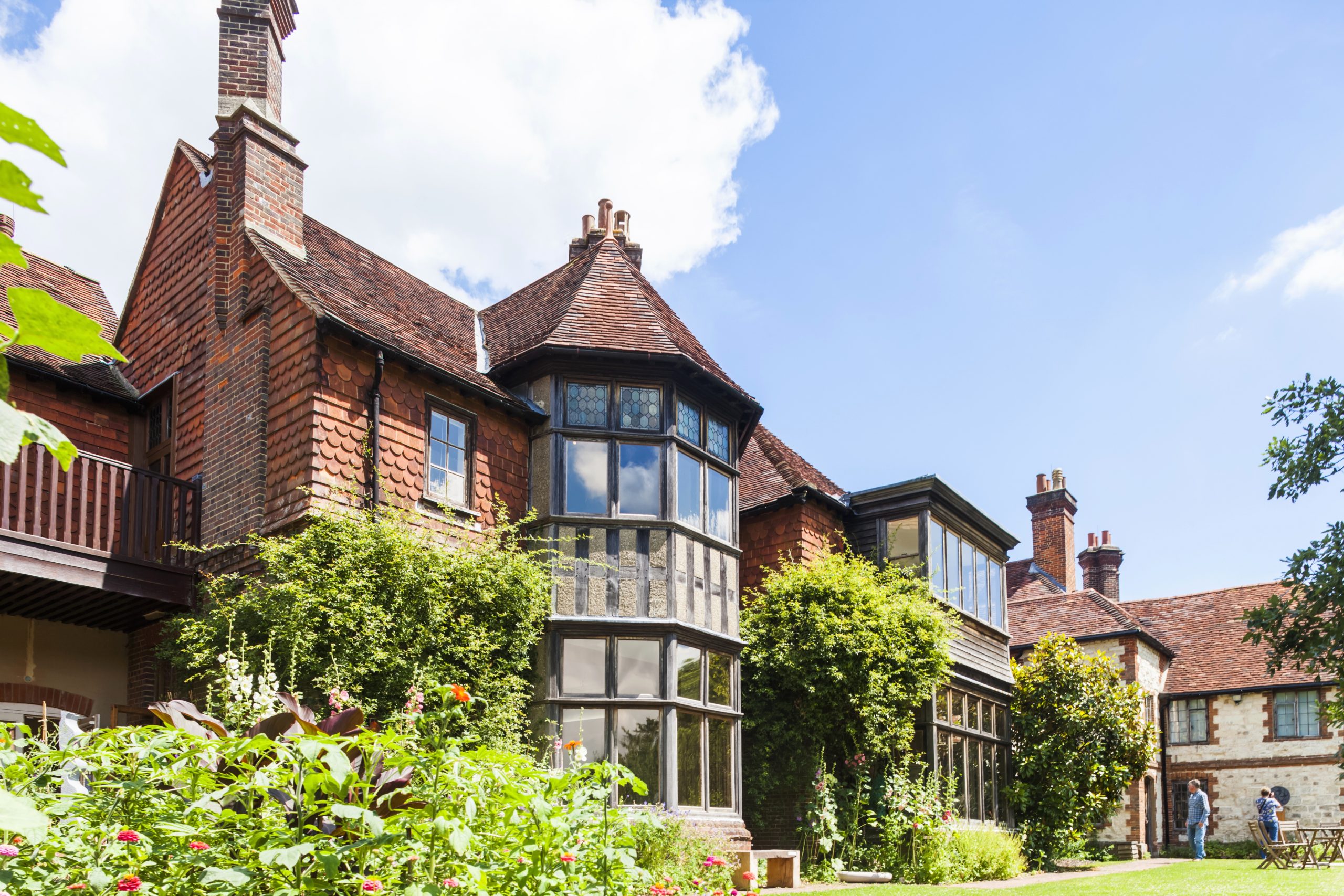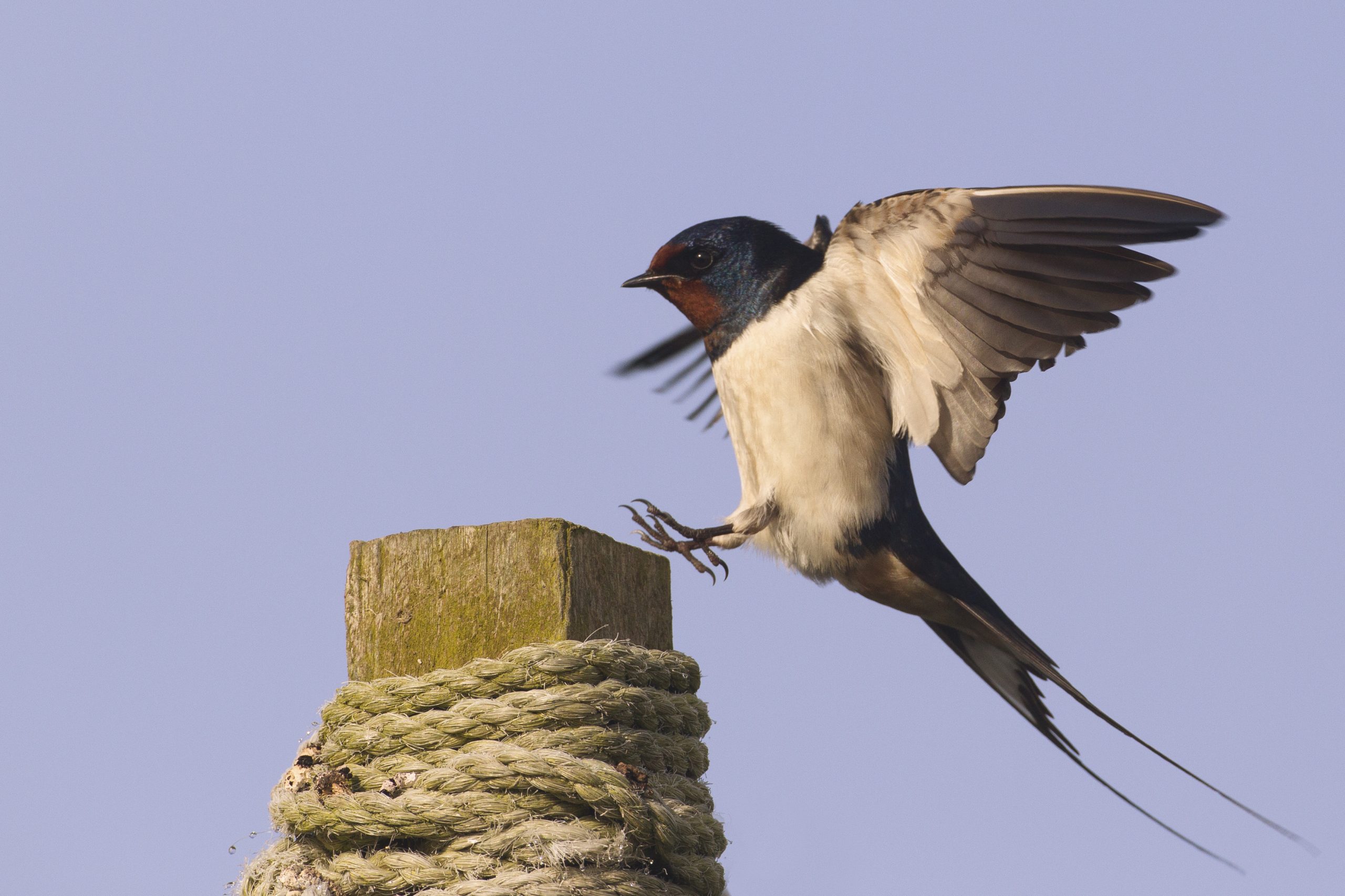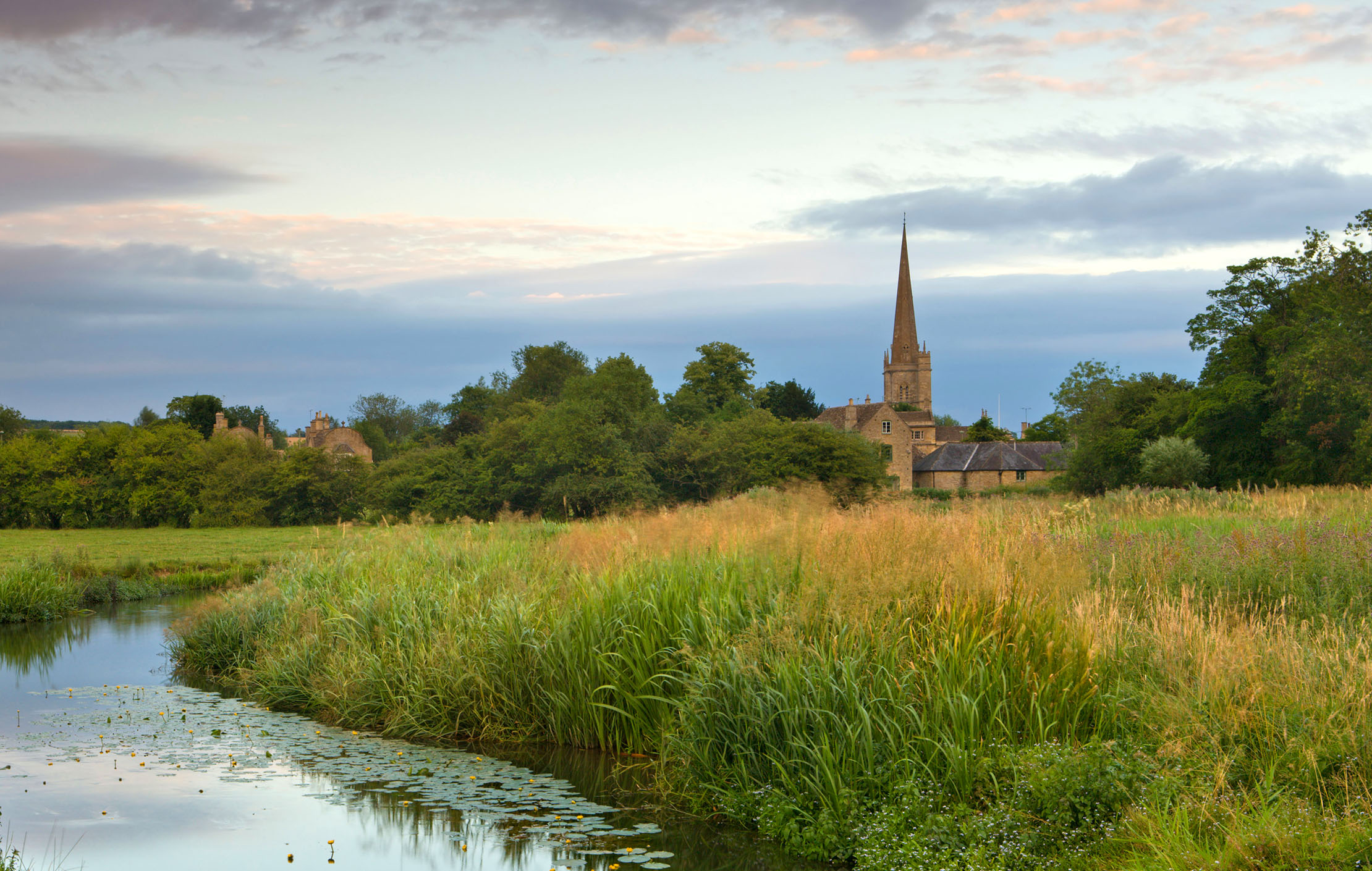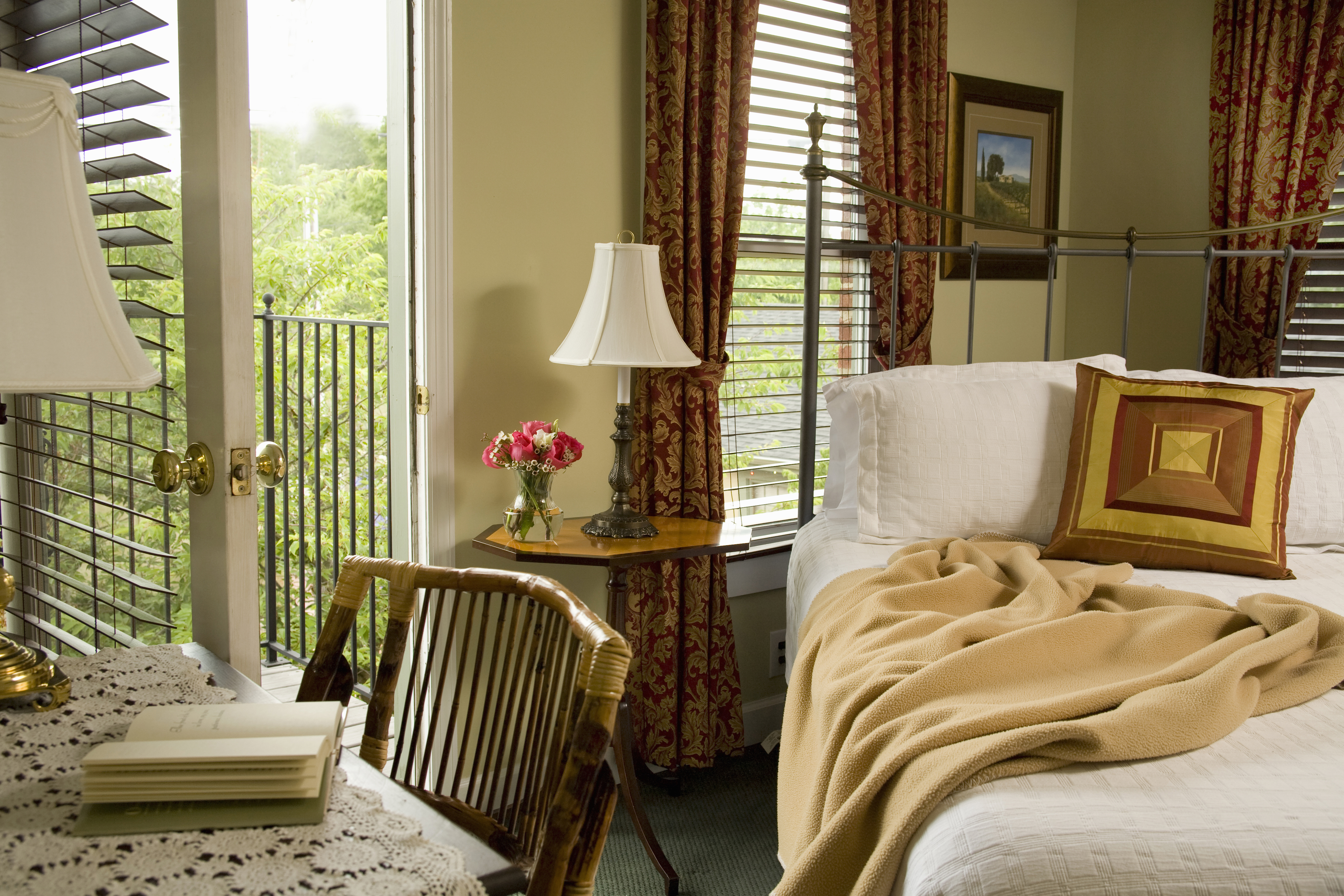Jason Goodwin: 'I can’t think why anyone, man or bird, would want to travel abroad'
Jason Goodwin ponders the swallow's journey and Gilbert White's observations.

Exquisite houses, the beauty of Nature, and how to get the most from your life, straight to your inbox.
You are now subscribed
Your newsletter sign-up was successful
Long ago, we lived in Selborne, a Hampshire village famous for its massy graveyard yew, its beech hangers and the Revd Gilbert White, the first great English naturalist. One of the perks of life there was free access to his house, The Wakes, now a museum, with a large garden where our firstborn son could crawl on a nice clean lawn, free of the chicken droppings of home.
White lived quietly here all his life and the museum, struggling to find enough paraphernalia to display, gives space to a small, unrelated exhibition dedicated to Capt Lawrence ‘Titus’ Oates, he of the polar expedition and the noble exit. Oates and White make a slightly odd couple, but, like many economical bachelor set ups, it has grown comfortable over time and lets visitors to the gentle 18th-century naturalist’s home refresh themselves with a salutary blast of Edwardian Imperialism and derring-do.
White, born on July 18, 1720, took a profound interest in the natural world; his The Natural History of Selborne, first published in 1789, has never been out of print. It is said to have sold more copies than any book except the Bible, Bunyan and Shakespeare. White’s world was the tiny one around him, acutely observed and elegantly recorded. He is revered as the father of modern ecology, not least because he looked at and listened to living things, rather than sit- ting in his study and having them sent to him dead and stuffed.
"The croquet lawn, not to be mown until July, is a riot of orchids"
Nobody knew the difference between three kinds of wren until White listened to their songs and distinguished them. He identified that owls hoot in B flat. ‘Earthworms,’ he presciently wrote, ‘in appearance a small... link in the chain of nature, yet, if lost, would make a lamentable chasm.’ He recognised that everything was linked in what we would now call a balanced ecosystem. As explorers roamed the African plains and the southern seas, White found an Australia in his vegetable garden, an America in the hangers.
Swallows intrigued him. Country people said they hibernated and, although a brother in Gibraltar sent him observations on the migration of birds, White could never shake off his suspicion that country folk were on to something. Only weeks before his death, he was having the thatch examined where swallows had been seen.

‘The late severe weather considered, it is not very probable that these birds should have migrated so early from a tropical region thro’ all these cutting winds, & pinching frosts: but it is easy to suppose that they may, like bats & flies, have been awakened by the influence of the Sun [from] a torpid state.’
We have been preparing a house near the sea for holiday lets and, over the past few months, I have been watching the swallows build their nest outside the kitchen. They are an industrious, voluble pair, constantly skimming in and out, and I am coming around to White’s view. Hibernation makes much more sense than migration. I can’t think why anyone, man or bird, would want to travel abroad these days. The delays, the risk of infection, long flights and physical exhaustion must be a challenge for birds and we have the added burdens of expense, paperwork, jabs, tests and quarantine. And it is all so easy to avoid.
Exquisite houses, the beauty of Nature, and how to get the most from your life, straight to your inbox.
We offer walks, swims, fossils, hill forts and a huge garden. The croquet lawn, not to be mown until July, is a riot of orchids. A flock of Portland sheep is grazing in the paddock. If anyone wants to rent a large Edwardian house on the Jurassic Coast, look no further. Sleeps 20, swallows included.

Jason Goodwin: Is the answer to finding faith really as simple as "fake it 'til you make it"?
The ancient Ottomans knew the power of repetition to shape the minds of others — something that Jason Good has discovered

Credit: Universal Images Group via Getty
Jason Goodwin on why we all need 'a breath of fresh air'
Victorian received wisdom that fresh air is good for you turned out to be true, says Jason Goodwin.

Jason Goodwin: ‘The washing-up is being done by a hulking fellow who, moments ago it seems, knelt on a chair at the kitchen table’
Jason Goodwin looks at his nearly-fully-grown children and wonders how it all came to this. (In a good way.)jas